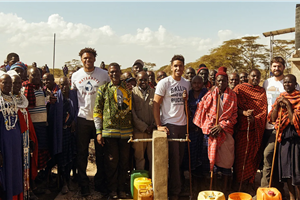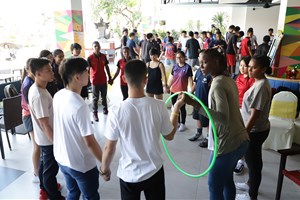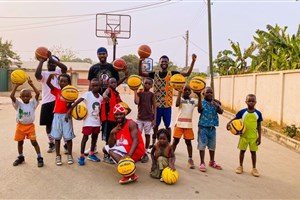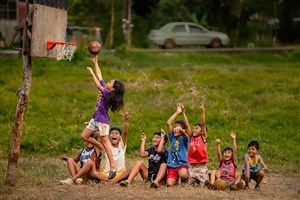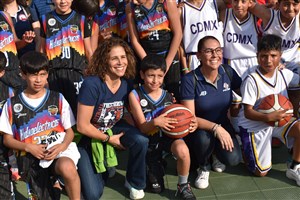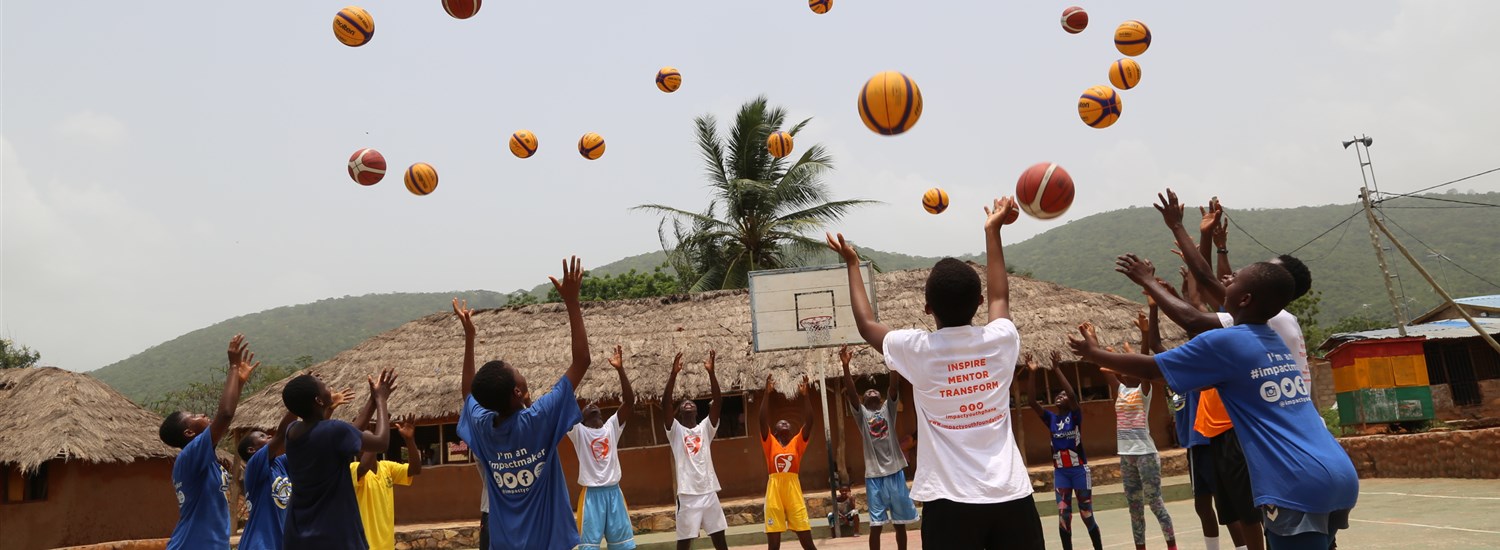
The FIBA Foundation and the Centre for International Studies & Diplomacy sharing African Basketball For Good voices
MIES (Switzerland) - The FIBA Foundation and the Centre for International Studies & Diplomacy (CISD) at SOAS University of London are collaborating to share voices of Basketball For Good actors in Africa as part of the CISD’s Basketball Diplomacy in Africa Oral History Project led by Dr Lindsay S. Krasnoff and Dr J. Simon Rofe.
Krasnoff and Rofe’s project aims to showcase the role basketball can play in addressing the challenges of the United Nation’s Sustainable Development Goals (SDGs) in fostering peace and inclusion and building bridges across cultures.
Sport is a key driver of globalization, focusing attention on issues that transcend national boundaries. The sporting realm has long been an arena where the acts of diplomacy—communication, representation, and negotiation—are on display, creating what we today refer to as sports diplomacy. This framework, within the context of basketball in Africa, can serve as a catalyst of change. Thus, the Basketball Diplomacy in Africa Oral History Project unpacks the nexus of sport and diplomacy to illustrate and explore the ways basketball’s social impact serves as a foundation for sport for development, business, and education in Africa.
Basketball For Good voices play important roles translating basketball’s use as a tool to address social issues in communities into concrete terms, and therefore perfectly complements the CISD project.
Take the testimony provided by Impact Youth Foundation’s Founder Isaac Robert Kwapong. Speaking of what drives his work creating opportunities and nurturing leaders in underserved rural and urban cities across Ghana, he noted basketball’s power to initiate positive change. "My mission was to intentionally use basketball to provide young people with an avenue to develop physical, emotional and mental wellbeing while creating opportunities for them to use their skills to also better their livelihood," Kwapong said.
"I got involved in sport for development [because I saw] how many coaches in Ghana only focused on just winning games. I didn't really see a transformational process going on in terms of the kids’ relationship with the sport, of how [basketball] was transforming them character-wise, leadership-wise. How was it creating opportunities for them?"
Through Basketball For Good voices, practitioners, policy-makers, students, and the public can better understand the ways that the sport is creating real-world impact in different areas of the African continent.
Three voices have been recorded and can be found here. Summaries of the interviews will be shared over the course of the year.
